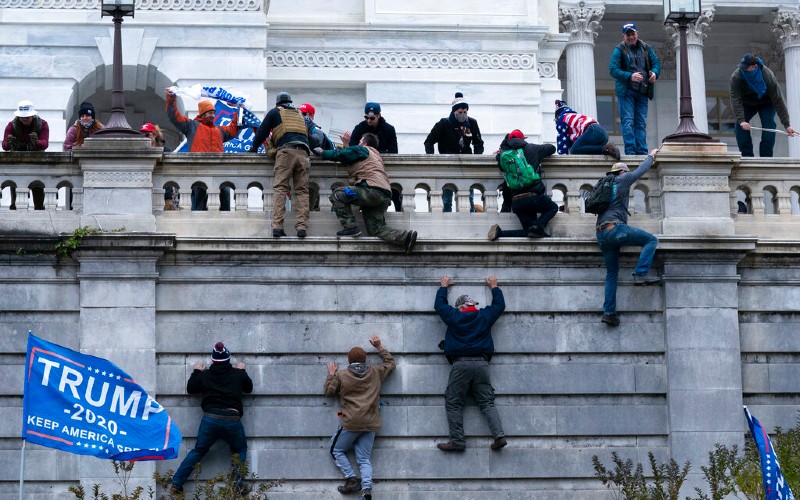It is rare that the high court issues 9-0 decisions – but on Monday, it was announced the justices all agreed that thousands of people who entered the country illegally, but have been allowed to stay for humanitarian reasons, are ineligible to apply to become permanent residents.
Writing for the court, Associate Justice Elena Kagan stated: "The TPS program gives foreign nationals nonimmigrant status, but it does not admit them. So the conferral of TPS does not make an unlawful entrant … eligible [for a green card]."
A green card – also known as a "Permanent Resident Card" or "alien registration card" – is issued by the U.S. Citizenship and Immigration Services to foreign nationals as evidence of their lawful permanent resident status in the United States. Most are valid for ten years, after which they must be renewed or replaced.
Ira Mehlman, a spokesman for the Federation for American Immigration Reform, applauds the high court's ruling.

"They decided that 'temporary' actually means temporary – and [that] when you accept our temporary protection, we expect that you are going to abide by it," he explains. "And then if you want to get a green card, you need to return home and apply to come to the United States as a legal immigrant."
Mehlman admits he's encouraged by the 9-0 ruling. "It certainly does bode well for decisions that will come down about whether people who violate our immigration laws should be allowed to benefit from them," he offers.
"So all nine justices deserve credit for understanding the definition of a simple word – 'temporary' … which apparently a lot of other people can't quite grasp …."
The Associated Press reports that the TPS designation applies to people who come from countries ravaged by war or disaster. It protects them from deportation and allows them to work legally in the country. There are an estimated 400,000 people from 12 countries with TPS status.
Monday's ruling stemmed from a case involving a couple from El Salvador who have been in the U.S. since the early 1990s.







